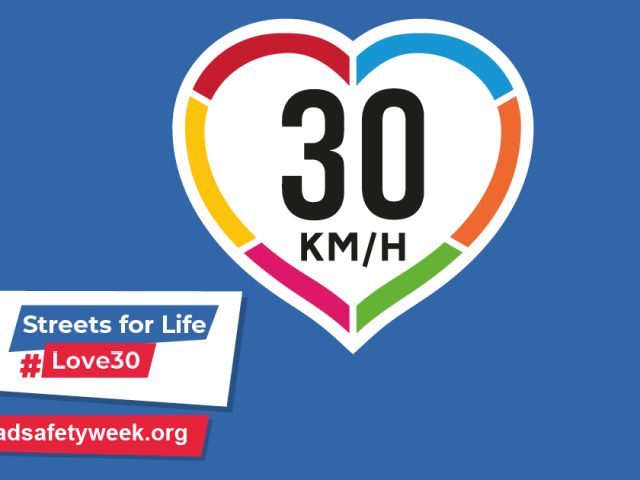Shock tactics don’t work when it comes to teaching young men about road safety, according to new research
Using ‘shock and tell’ tactics to teach teenagers about the risks associated with driving does little to improve safety and may actually make things worse, according to the findings of new research by the UK RAC Foundation.
Traditional attempts to use ‘threat’ and ‘fear’ appeals to young people to influence their behaviour when they start to drive can be counterproductive, particularly amongst young men.
Such approaches can prompt defensive or even hostile reactions. Members of a young audience are also more likely to experience optimism bias about their own capabilities and the scale of their risk exposure.
Rather than talk at pre-drivers about the risks they face, a more interactive approach could be better, one where the facts about road safety are shared and young participants are encouraged to come to their own conclusions about what good driving behaviour looks like.
These are the conclusions of Dr Elizabeth Box, Research Director at the RAC Foundation and author of the report.
In Empowering Young Drivers with Road Safety Education Dr Box argues that Road safety interventions should be based on research evidence and behavioural theory.
Having reviewed the literature on the subject and compared the traditional theatre (lecture) type approach with a ‘DriveFit’ film and workshop, Dr Box concludes that road safety education involving school-age teenagers needs to be more subtle and sympathetic to the physiological changes young brains are going through and young people’s attitudes to risk.
The DriveFit intervention consisted of a 40-minute film delivered in the classroom, followed by a 45-minute online facilitated workshop undertaken within two weeks of the film showing. The film used a talk-show-style interview format, where expert guests provided information, demonstrations and tips about how pre-, learner and newly qualified drivers can best manage the learning-to-drive process as well as curtail the risky driving behaviours associated with speeding, tiredness, mobile phone use and intoxicated driving.
The online workshop following the film encouraged participants to remember the film and extract relevant learning for their own personal situations.
In Great Britain, young drivers between the ages of 17–24 are involved in 24% of all killed and seriously injured (KSI) collisions, despite accounting for a much smaller percentage of all licence holders (7%).
Dr Elizabeth Box presented the evaluation of the DriveFit intervention at ETSC’s European Traffic Education Seminar earlier this year.








